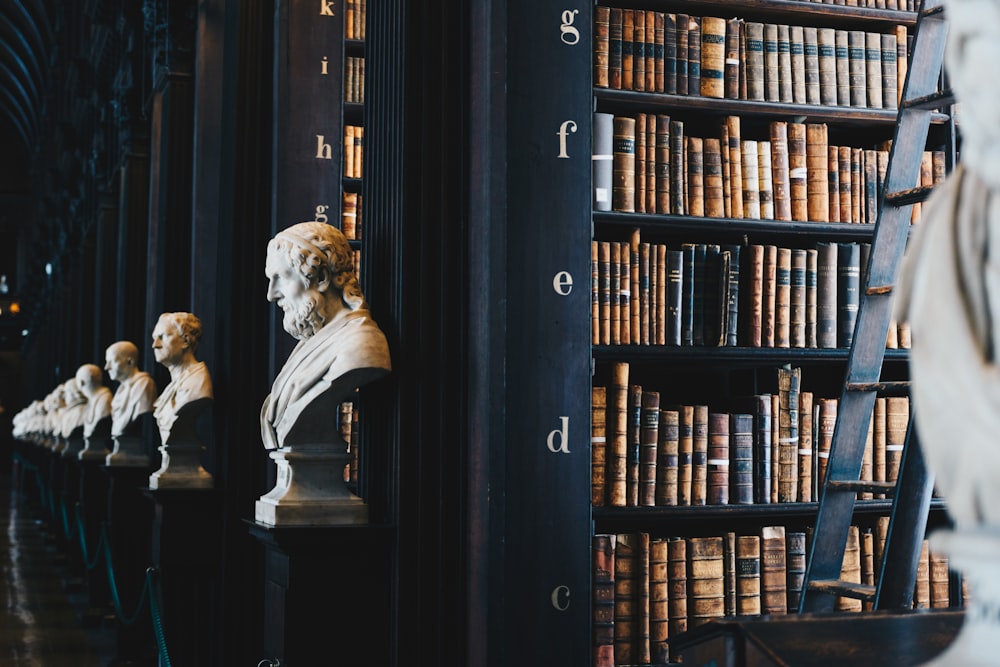Moving the Great Debate on Originalism Theory Forward
Photo by Giammarco Boscaro on Unsplash
Georgetown Law’s Professor Lawrence B. Solum discussed his forthcoming article, Originalism versus Living Constitutionalism: The Conceptual Structure of the Great Debate,at the recent Northwestern University Law Review 2018 Symposium: Originalism 3.0. Professor William Ewald from the University of Pennsylvania provided commentary, and Northwestern Law Professor Joshua Kleinfeld moderated the panel.
Professor Solum began the discussion by sharing his inspiration for the article. While this article comprises part of a larger scholarly work in defense of originalism theory, Solum was inspired to write this article in part due to the uncertainty over what counts as “originalism.”
The goal of his metalinguistic proposal is to better frame the ongoing substantive debate between originalists and living constitutionalists about the best theory of constitutional interpretation. To this end, Solum provides conceptual definitions of “originalism” and “living constitutionalism” in the hopes of eliminating confusion about the boundaries of each theory. Solum defines “originalism” as a family of constitutional theories that affirm two principles: the Fixation Thesis (the meaning of the constitutional text is fixed at the time each provision is drafted) and the Constraint Principle (constitutional practice should be consistent with the original meaning). He then defines “living constitutionalism” as “nonoriginalist constitutional theories that affirm the view that constitutional practice can and should change in response to changing circumstances and values.”
In the interest of moving this substantive debate forward, Solum emphasized the importance of shared terminology and distinguishing domains of discourse: “If participants in the debates about originalism and living constitutionalism are talking past one another, it is difficult to identify what is really at stake in the debate, much less make progress in the clarification and resolution of the issues that are the focus of true substantive debates.”
In a lively question-and-answer session, audience members posed numerous questions related to the difficulty of defining living constitutionalism, which at a minimum encompasses twenty-two theories, and the differences between academic originalism and judicial originalism. While some of the heady theoretical debate about Thayer and Dworkin was above this second-year law student’s head, Solum’s proposal was persuasive; if academics and judges can agree on a shared set of conceptual definitions, the debate can focus on the issues that matter, namely the substantive and normative issues of which interpretation theory provides the most just outcome.
So, with this new shared conceptual framework as a starting point, which side is poised to win the great debate? That remains to be seen, but thanks to Professor Solum, we now have the conceptual vocabulary to ground the debate.
Professor Solum’s full article will be published in April 19, 2019 in the Northwestern University Law Review’s Symposium edition.
Emily McCormick is a student at Northwestern Pritzker School of Law and Symposium Editor of the Northwestern University Law Review for the 2019–2020 Editorial Board.
